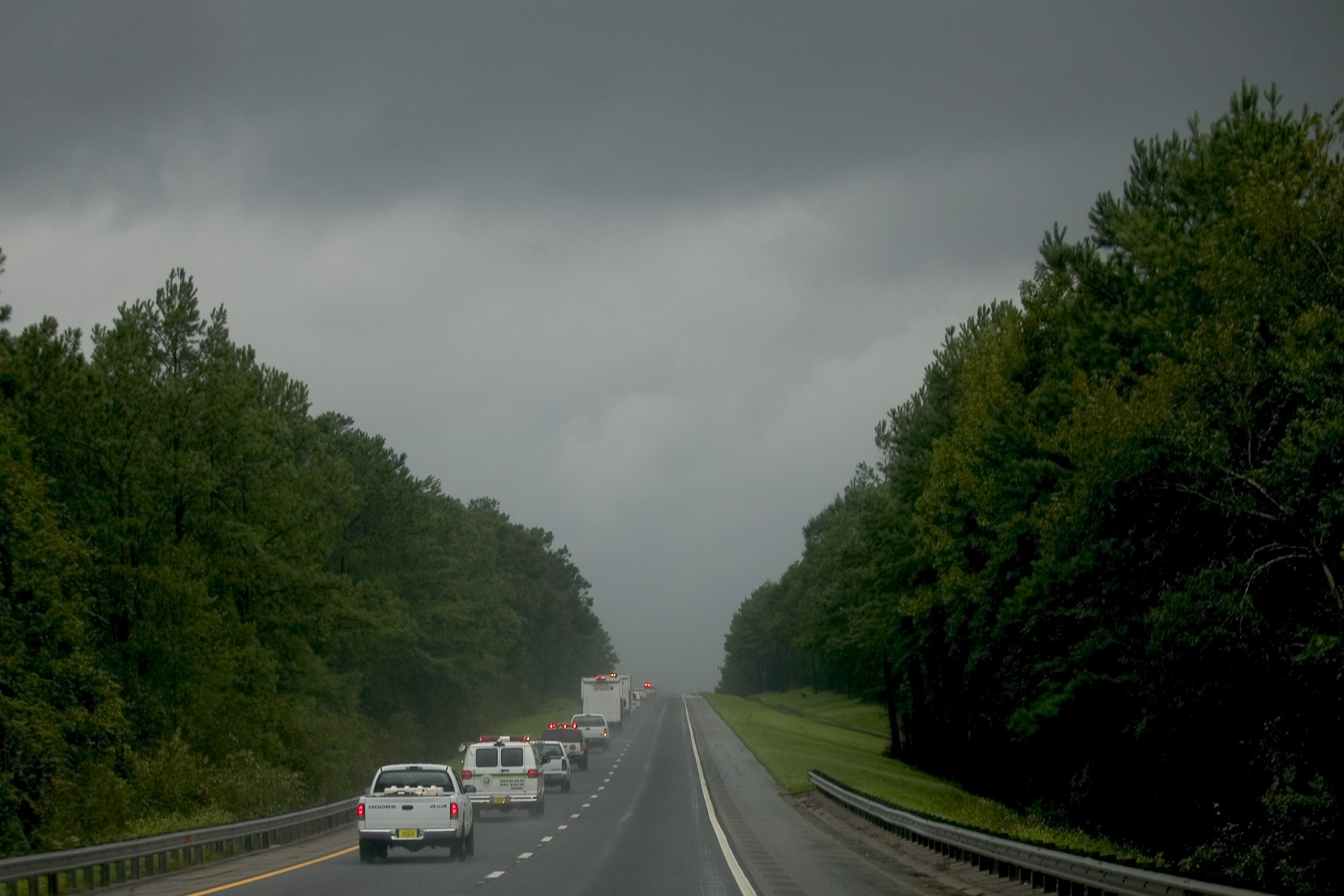Hurricane Awareness Podcast
|
May 29, 2009 - Hurricane Awareness
Hurricane Awareness Week (May 24-30) marks the start of the severe weather season. Commissioner Sullivan explains steps you can take, and things to consider to be prepared to weather any storm. | |||
| |||
|
Music fades in Hello, I’m Dawn McDaniel, Public Information Officer at the Connecticut Insurance Department. Thanks for tuning in for our latest podcast. As the seasons change and summer approaches, severe weather and hurricane season are not far behind. Insurance Commissioner Thomas R. Sullivan joins me today to discuss how we can prepare to weather any storm. Dawn: Thanks for joining us Commissioner. Commissioner: Thank you for having me. Dawn: Commissioner, the hurricane season in Commissioner: Well Dawn, there are three main ways to prepare for a natural disaster, from an insurance perspective. First, it is important to understand your insurance policy. What is covered and what is not covered. Find out whether your policy covers you for the actual cash value or the replacement cost, and consider your need for additional protection such as flood insurance. Second, you want to ensure the coverage that you do have is adequate. Be sure your coverage amount reflects any home improvements or any renovations. If you have valuables, such as jewelry, antiques, and family heirlooms, an add-on policy, referred to as a rider or a floater may be required to insure those particular items. Finally, it is important to have a current inventory of your valuables and belongings, including photographs or video of each room in your home. The home inventory will provide your insurance company with proof of your belongings and help with the claims process. Dawn: Now, what is the difference between actual cash value and replacement cost? Commissioner: Actual cash value is the amount it would take to repair or replace damage to your home and its contents after depreciation. Replacement cost is the amount it would take to replace or rebuild a home, or repair damages with materials of like kind or quality, without any deducting for depreciation. Dawn: OK, What can I do to make sure my coverage is adequate? Commissioner: It is a good idea to review your coverage needs, annually. The coverage amount should reflect any home improvements or renovations. In addition, as you acquire more valuables such as jewelry, family heirlooms, antiques, and art, consider purchasing an additional “floater” or “rider” to your policy to cover those special items. You may also want to find out if your policy covers additional living expenses for a temporary residence if you are unable to live in your home due to damage from a disaster. Dawn: If I find that I need to make changes, how do I make changes to my policy? Commissioner: Your insurance company or agent can help you determine your insurance needs and help you update your insurance policy to reflect any changes in coverage. That generally can be done any time during the year. Dawn: Are there templates or resources available to help me with my home inventory? Commissioner: Yes, we have a downloadable checklist on our Web site at www.ct.gov/cid/homeinventorychecklist (without spaces); you can also search our Web site using the keyword “inventory”. In addition, the insurance information institute also offers free home inventory software called know your stuff. Homeowners can learn more about this tool at www.iii.org Dawn: Great, once I have completed the inventory, what should I do with it? Commissioner: Copies of all your insurance policies and your home inventory information should be stored in a safe location away from your home that is easily accessible in case of disaster. You may want to store your policies and inventory checklist in a waterproof, fireproof box or in a safe, remote location such as a bank safe deposit box. You may also consider leaving a copy of your inventory checklist with relatives, friends, or your insurance company or agent, and store digital pictures in your e-mail or Web site for easy retrieval. Dawn: Commissioner, I don’t live near the coast, am I still at risk of damage from a hurricane or severe weather? Should I even consider flood insurance? Commissioner: Dawn, flooding happens everywhere, whether you’re near the coast or not, and Dawn: Now, what if I have other questions about insurance? Commissioner: You can always call our department, the Connecticut Insurance Department is here to assist consumers in their buying decisions, and we can direct you to a wealth of information, either on our web site or to other resources. You can contact the Connecticut Insurance Department’s Consumer Services Division at 800-203-3447 or visit us on the web site, at www.ct.gov/cid. Dawn: Well, thank you very much Commissioner, I feel much more prepared for the hurricane season. Commissioner:Thank you for having me. Dawn: Thank you for tuning into this podcast. Continue to check our Web site for useful insurance tips. For Insurance Commissioner Thomas R. Sullivan, I’m Dawn McDaniel. Take care! Music fades out | |||

